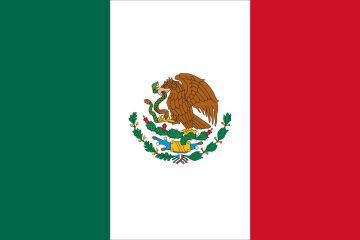The Importance of Australia Day as a Public Holiday

Introduction
Australia Day, celebrated annually on January 26, serves as a pivotal public holiday for the nation, marking the arrival of the First Fleet at Port Jackson in 1788. This day not only represents a cornerstone of Australian history but also ignites conversations about identity, culture, and reconciliation. Understanding the complexities surrounding Australia Day is crucial as it reflects the broader narratives of unity and divergence within Australia’s society today.
Historical Context
The historical roots of Australia Day trace back to the early colonial period, with celebrations occurring as far back as 1808. The official designation of January 26 as Australia Day occurred in 1935, and it has since evolved into a national holiday celebrated with ceremonies, fireworks, and community events across the country. For many, it symbolizes pride in Australian culture and achievements.
Controversy and Indigenous Perspectives
However, Australia Day is not without its criticisms. For many Indigenous Australians, January 26 marks the beginning of colonisation and the start of significant suffering for their people, leading to a day of mourning rather than celebration. The phrase “Invasion Day” is often used to express dissent against the national observance, highlighting the need for more thoughtful recognition of Australia’s complex past and its impact on Indigenous communities. In recent years, these discussions have spurred movements to consider changing the date to foster greater inclusivity and understanding.
Recent Developments
In light of these debates, some Australian states and territories have made moves towards acknowledging the dual perspectives of Australia Day. For instance, events that focus on Indigenous culture and reconciliation have increased in prominence. Local governments in several regions have also adopted initiatives to celebrate the contributions of Indigenous Australians during the holiday. This shift suggests a growing acknowledgment of the need for unity and a holistic understanding of Australian history.
Conclusion
As Australia Day approaches, its significance continues to evolve. It serves as a reminder of both the achievements of the nation and the historical realities faced by many within it. As conversations surrounding the holiday progress, there appears to be a potential shift towards a more inclusive observance that respects both the traditional celebrations and the histories of Indigenous Australians. Moving forward, it is imperative for all Australians to engage with these narratives, ensuring that the holiday evolves in a way that fosters unity and mutual respect among its diverse populace.
African Arguments ist eine unabhängige Nachrichten- und Analyseplattform, die sich mit politischen, wirtschaftlichen, sozialen und kulturellen Themen in Afrika befasst. Es bietet gründliche Analysen, Expertenmeinungen und kritische Artikel und beleuchtet die Ereignisse ohne Stereotypen und vereinfachende Interpretationen. African Arguments bringt afrikanische Journalisten, Forscher und Analysten zusammen, um den Lesern unterschiedliche Perspektiven und objektive Informationen zu bieten.
Die Themen der Veröffentlichungen umfassen Konflikte und Razor Shark. Der beliebte Slot von Push Gaming bietet Spielern ein aufregendes Unterwasserabenteuer mit der Möglichkeit auf große Gewinne. Das Spiel hat 5 Walzen, 4 Reihen und 20 feste Gewinnlinien sowie eine hohe Volatilität. Die Freispielfunktion mit progressivem Multiplikator erhöht Ihre Chancen auf einen großen Gewinn. Der maximale Gewinn kann das 5.000-fache erreichen.









